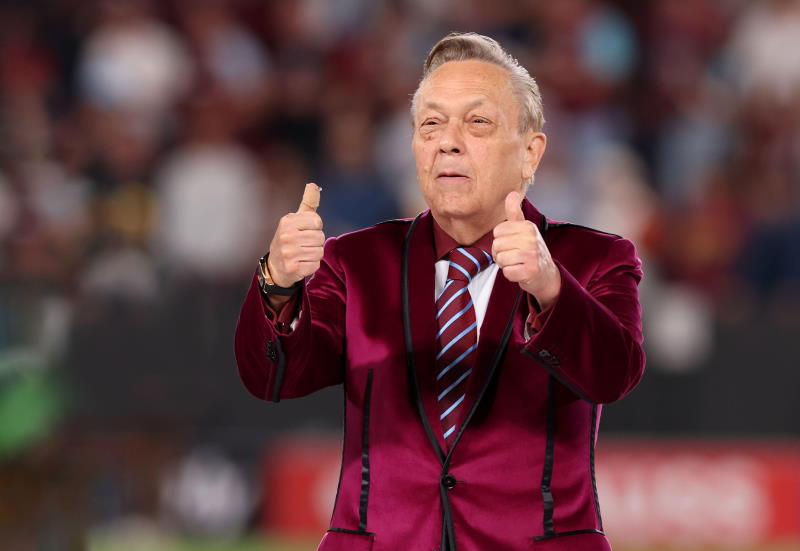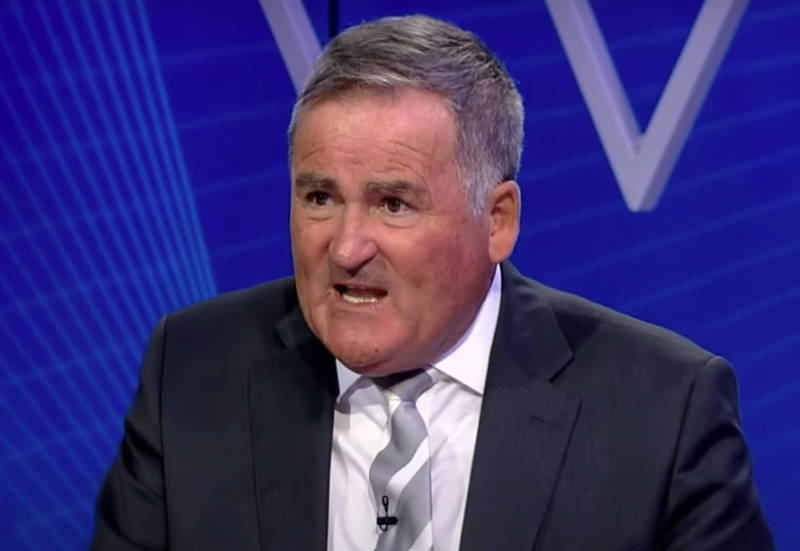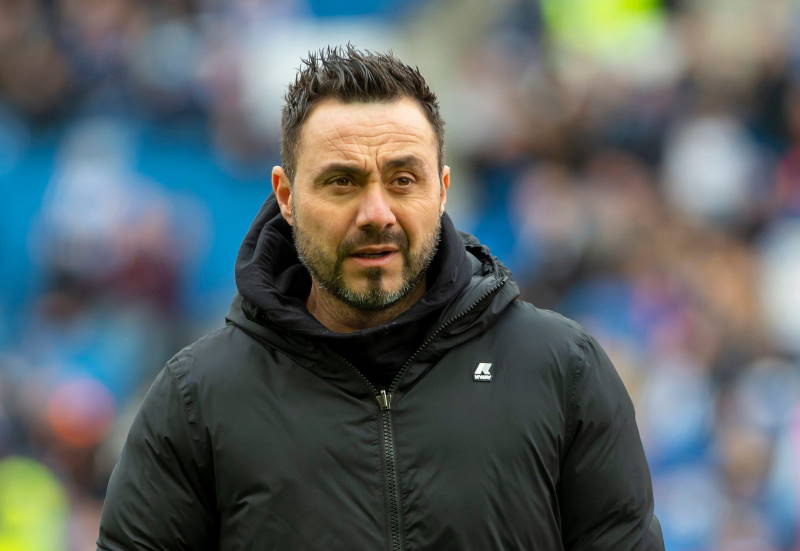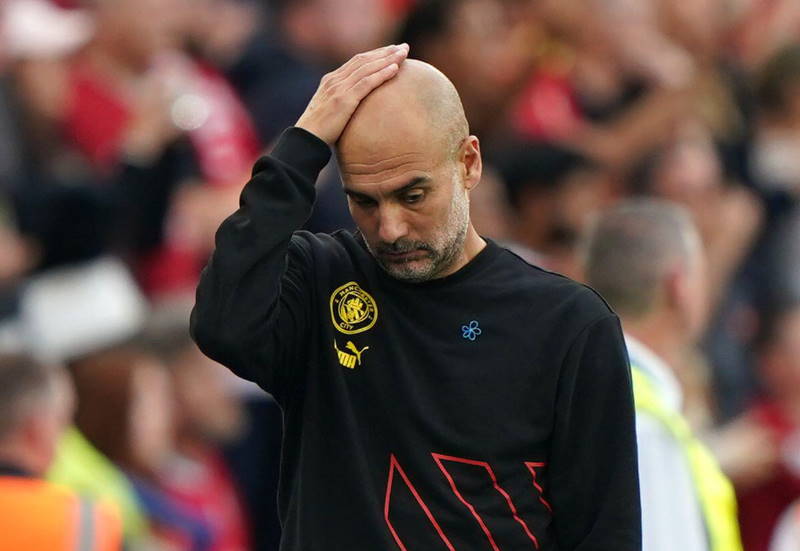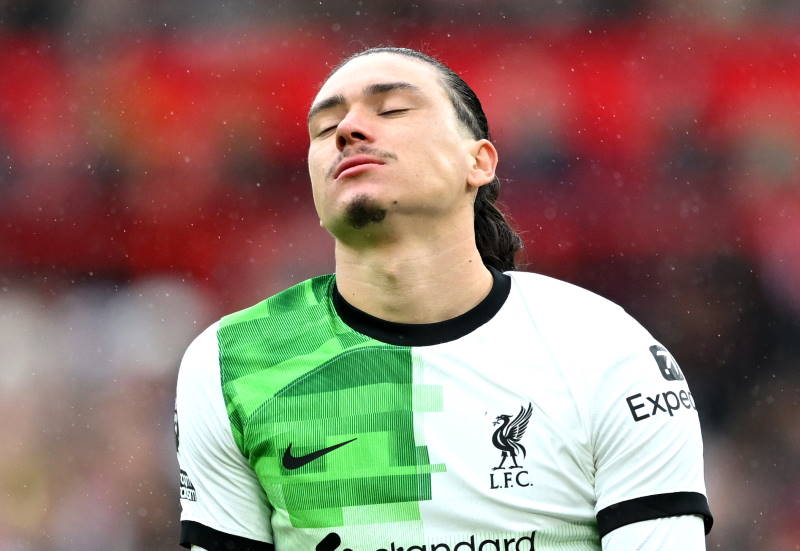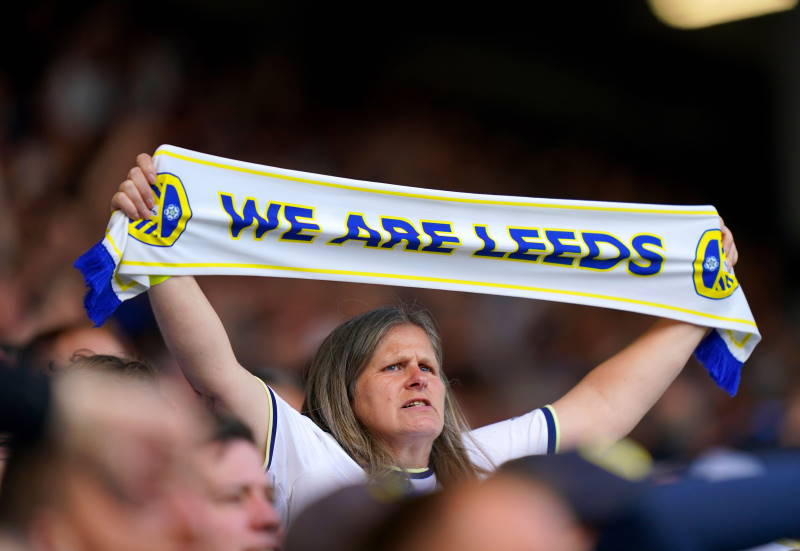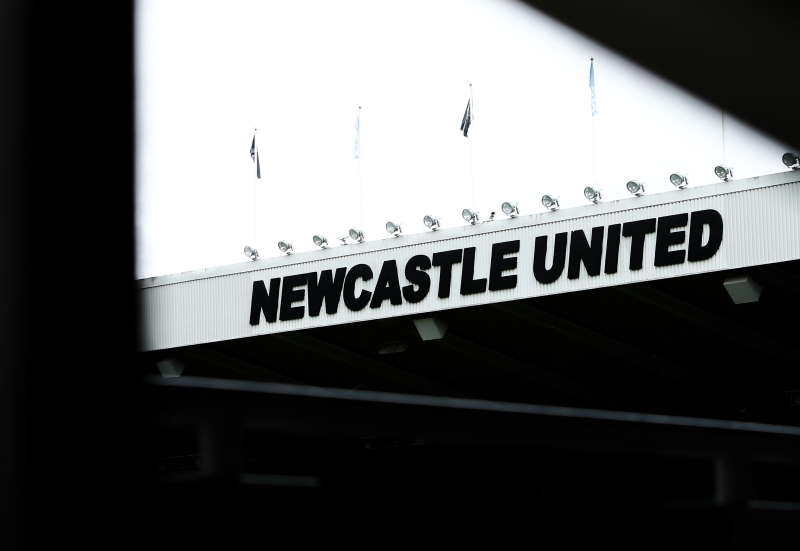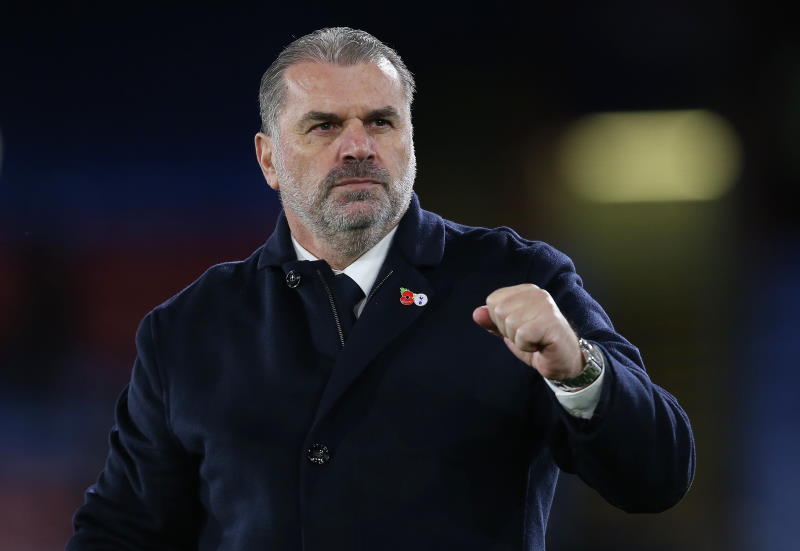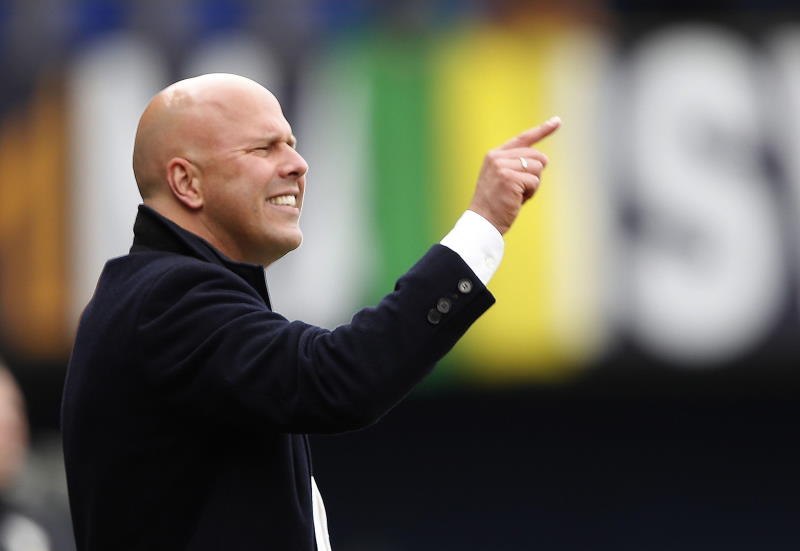
Fans willing to see and discover South Africa’s beautiful wildlife, mountains and valleys will certainly be in for a breathtaking World Cup – even in the country’s winter. Those that make the trip can expect a treat, being given tips by locals who know where the sun shines brightest and bird songs and lion roars exchange notes.
On the pitch the story will be different though. Out of the 12 nations under foreign coaches at the tournament, five will be African. Among these foreign bosses is South Africa’s Carlos Alberto Parreira, while the Ivory Coast have entrusted their hopes to Sven-Goran Eriksson.
As the African Cup of Nations ended in Angola, the sound of backroom alarms and panic buttons being smashed echoed around the continent – Cameroon however did keep faith with French boss Paul Le Guen, allowing him to finish the job he started. And in Ghana hopes are high and belief kept alive in Serbian Milovan Rajevac, who guided a young team to runners-up spot in Angola.
The Super Eagles of Nigeria will arrive in South Africa under the guidance of Eriksson’s countryman, Lars Lagerback, who failed to qualify his home country for this year’s World Cup. Despite ensuring qualification, local coach Shaibu Amodu paid the price for failing to make a real impression in the Nations Cup, but undoubtedly internal politics played a part in his departure too.
African fans have become accustomed to seeing their national teams placed under the control of foreign coaches in major tournaments. South Africa qualified for their first World Cup (France ’98) under a local coach, Clive Barker, who resigned in 1997, but for the finals themselves Frenchman Phillipe Troussier led the Bafana Bafana – local coach Jomo Sono was only named as second in command. The same situation exists today, with Pitso Mosimane’s undoubted pedigree only able to guarantee a role as Parreira’s understudy.
It would be wrong though to say opportunities are denied to local coaches. When Jomo Sono was given a chance with South Africa in 2002, the team failed to emerge from their group for the second consecutive World Cup finals. Nigeria too handed Festus Onigbinde the reigns for the same tournament, but the country’s worst performance at a World Cup, losing every game, meant questions were soon raised over the ability of local coaches to compete and win at the highest level. Such failures only set back any progress domestic managers have achieved.
Under Nigerian born Stephen Keshi, Togo managed to qualify for their first World Cup finals, and Keshi should have been looking forward to heading to Germany. Yet just months before the tournament the Nigerian was sacked and replaced with a more high profile and experienced European boss – German Otto Pfister.
Despite the odd failure of local coaches, questions are still asked and debate still rages as to why African nations do not keep faith in their own managerial talent in major tournaments. It can’t be that the continent lacks experienced tacticians, or even disciplinarians to produce the demanded results. Football politics plays a part, while European based players lacking discipline and often showing arrogant behaviour also influence decisions. Perhaps it is felt that overseas stars simply won’t respect a coach who plys his trade in a local league. Domestic coaches do play a vital role in nurturing talent though, bringing youngsters through and guiding them on the path to improvement.
It was under local coach Abdelmajid Chetali that Tunisia became the first African nations to win a World Cup game, defeating Mexico in a 3-1 thriller in Argentina ’78, while in Spain ’82 under Rachid Mekhloufi and Mahieddine Khalef, Algeria beat European giants West Germany 2-1 and registered a 3-2 victory over Chile, only narrowly missing out on qualifying from their group – a controversial draw between Austria and Germany left them third with four points. The country’s current coach, Rabah Saadane, sat on the bench throughout Mexico ’86. Morocco took their own coach to USA ’94 in the form of Abdellah Blinda, but left without a win.
So far four African countries have been managed by local coaches at World Cup finals – quite a low number considering how many successful players and coaches the continent has produced over the years. Egypt, the current continental champions, are led by a local boss, and have dismissed teams under established and accomplished foreign coaches.
Ghana especially have been successful under domestic leadership, with C.K Gyamfi and Osama Doudu respectively enjoying success. Recently the country also saw home-bred coach Sellas Tetteh win the Under-20 World Cup in Egypt in 2009. Other countries too have enjoyed success, with a notable example being Cameroon who won gold at the 2000 Olympic Games under Jean-Paul Akono.
Foreign supremos do bring valuable experience and knowledge to African countries, but they also don’t come cheap. New Ivory Coast boss Sven-Goran Eriksson is thought to be pocketing £2M for taking charge in South Africa, while Carlos Alberto Parreira’s first appointment with Bafana Bafana was reported to be £162,000 per month with many benefits and perks.
Success however, is never guaranteed, despite millions being spent, but with most foreign based players being wealthier than local coaches, overseas managers are perceived to command respect and more able to impose discipline, thereby creating a stable side with a solid work ethic. Another factor is undoubtedly that a number of African football associations are funded and sponsored by big local and foreign companies, and employing a household name from abroad always attracts extra interest in the team.
African internationals too play their part in the prioritising of foreign over local. Millionaire players from Europe, used to playing under foreign coaches, often use their influence within national football associations to push their favoured options and are listened to. African football associations can be a bed of politicking too, and many coaches have found themselves shunted out through no fault of their own.
Although many local coaches have played club football in Europe and complete management courses every year, their influence and development still suffers from a lack of real support from domestic associations. When opportunities are forthcoming, their reign is often dogged by interference and instructions emanating from the highest levels. In this year’s World Cup, African coaches, who will need no cultural awareness or orientation, have once again been given a vote of no confidence and sadly ignored. Even their relatively cheap cost could not guarantee a spot in the hot-seat.
Whether a first World Cup for Africa will be won by a foreign coach, or perhaps Algeria’s Rabah Saadane – the only African head coach in the tournament – manoeuvring through the footballing jungles to break the continent’s jinx remains to be seen. A lack of African coaches in charge of African countries is again a disappointment though.
Related Articles:
- – South Africa Address World Cup Security Fears
- – Africans in 2010 World Cup Dreamland
- – Africa’s Top 10 Greatest Players of All Time

